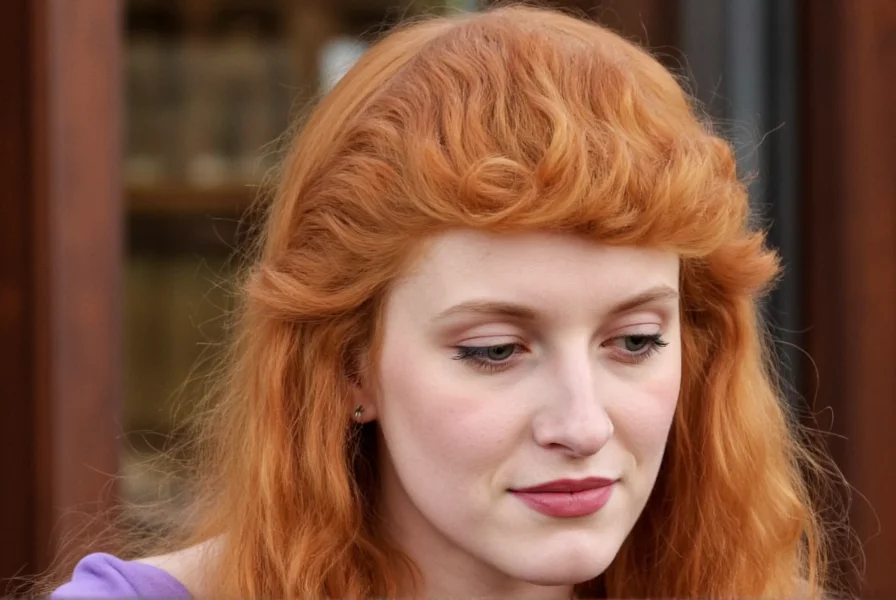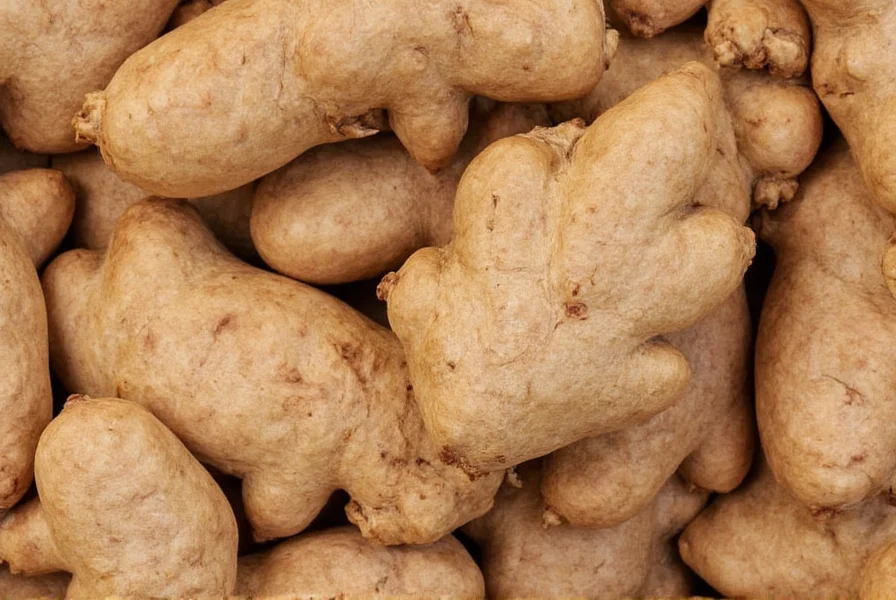Ginger memes represent a distinctive strand of internet culture centered around red-haired individuals. These digital artifacts have evolved significantly since their emergence in the early 2000s, reflecting broader changes in online communities' approach to physical characteristics and perceived differences. Understanding ginger meme culture requires examining its historical context, popular formats, and the social dynamics that shaped its development.
Historical Origins of Ginger Memes
The modern ginger meme phenomenon traces its roots to early internet forums and image boards. While references to redheads existed in pre-internet culture, the digital space provided a platform for rapid dissemination and evolution of these concepts. The year 2005 marked a significant turning point when South Park aired its "Ginger Kids" episode, which satirized discrimination against red-haired people. This mainstream exposure amplified existing online discussions about redheads, transforming niche forum conversations into widespread internet culture.
Early ginger memes often appeared on platforms like 4chan and Something Awful, where anonymous users created content playing on stereotypes about redheads having pale skin, freckles, and heightened sensitivity to sunlight. These communities developed specific visual formats and recurring themes that would become foundational to ginger meme culture.
| Era | Key Platforms | Characteristics |
|---|---|---|
| Early 2000s | Forums, Imageboards | Basic image macros, text-based jokes |
| Mid 2000s | YouTube, MySpace | Video content, "Ginger Hate" movement |
| 2010s | Reddit, Facebook | More nuanced content, community building |
| 2020s | TikTok, Instagram | Reclaiming narratives, positive representation |
Popular Ginger Meme Formats and Evolution
The "Ginger Master Race" meme emerged around 2007 as a satirical response to perceived discrimination against redheads, parodying supremacist ideologies by claiming redheads possessed superior traits. This format often featured photoshopped images of redheads with captions suggesting their supposed advantages.
Another significant format was the "Ginger歧视" (ginger discrimination) meme, which ironically highlighted supposed disadvantages of being a redhead. These memes typically showed redheads facing imagined hardships, often using exaggerated scenarios for comedic effect. The "Ginger Kids" South Park episode significantly influenced this format, introducing concepts like "no soul" jokes that permeated online discussions.
Modern ginger meme culture has shifted toward more positive and inclusive representations. Rather than focusing on stereotypes, contemporary content often celebrates redhead identity. The "Ginger Pride" movement has gained traction on platforms like Instagram and TikTok, with redheads sharing their experiences and challenging outdated perceptions. This evolution reflects broader internet culture's growing awareness of the impact of seemingly harmless stereotypes.

Cultural Context and Social Dynamics
Ginger memes exist within a complex social framework that intersects with real-world attitudes toward physical differences. Research indicates that redheads have historically faced discrimination in various cultures, sometimes referred to as "gingerism." This real-world context provided fertile ground for internet memes that both reflected and amplified these attitudes.
The social dynamics of ginger meme culture reveal interesting patterns about how online communities process difference. Initially, many ginger memes functioned as in-group humor among redheads themselves, providing a way to address real experiences of otherness through comedy. However, as these memes spread to broader audiences, they sometimes became vehicles for genuine discrimination disguised as humor.
Academic studies of internet culture note that ginger memes represent a case study in how online communities develop shared references around physical characteristics. Unlike race or gender, red hair represents a visible but non-ethnic marker of difference, creating a unique space for exploring how internet culture handles perceived physical distinctions.
Addressing Stereotypes and Sensitivities
While many ginger memes originated as lighthearted humor, certain iterations crossed into harmful territory by reinforcing negative stereotypes. Some content suggested redheads had inferior traits or were somehow less human—a problematic narrative that drew criticism from advocacy groups and individuals.
The conversation around ginger memes has matured significantly in recent years. Many online communities now recognize the difference between self-referential humor created by redheads themselves and content that perpetuates harmful stereotypes. This distinction aligns with broader internet culture's evolving understanding of when humor crosses into discrimination.
Organizations like the Redhead Club have worked to counter negative stereotypes by promoting positive representation of redheads. Their efforts have influenced how ginger meme culture has evolved, shifting from predominantly negative portrayals toward more balanced and celebratory content that acknowledges redhead identity without resorting to caricature.
Current Status in Internet Culture
Today's ginger meme landscape reflects a more nuanced understanding of redhead representation. While some legacy formats persist, contemporary content increasingly emphasizes empowerment and community. Social media platforms have enabled redheads to control their own narratives, creating content that challenges outdated stereotypes while still engaging with meme culture.
The evolution of ginger memes demonstrates how internet culture can both perpetuate and challenge societal attitudes. What began as predominantly negative stereotypes has transformed into a more complex ecosystem where redheads themselves drive much of the content creation, determining which aspects of their identity become meme-worthy and which stereotypes deserve challenging.
For those interested in exploring authentic ginger meme culture, communities like r/redhair on Reddit and various Instagram accounts dedicated to redhead positivity offer contemporary examples that balance humor with respect. These spaces represent the current frontier of ginger meme evolution—where the community itself shapes the narrative rather than having it imposed from outside perspectives.
FAQ
What is the origin of ginger memes?
Ginger memes gained widespread attention following the 2005 South Park episode "Ginger Kids," though references to redheads in online culture existed on early forums and image boards before this. The episode satirized discrimination against redheads and amplified existing online discussions, transforming niche forum conversations into mainstream internet culture.
Are ginger memes considered offensive?
The offensiveness of ginger memes depends on context and execution. Early ginger memes often reinforced harmful stereotypes, but contemporary content has evolved toward more positive representations. Self-referential humor created by redheads themselves is generally viewed differently than content created by outsiders perpetuating negative stereotypes. Many redheads distinguish between lighthearted community humor and genuinely discriminatory content.
How have ginger memes evolved over time?
Ginger memes have evolved from predominantly negative stereotypes in the early 2000s to more nuanced and often positive representations today. Early formats focused on "ginger hate" and exaggerated stereotypes, while modern content frequently emphasizes "ginger pride" and community building. Social media platforms have enabled redheads to control their own narratives, shifting the culture from outsider mockery to community-driven celebration.
What are some popular ginger meme formats?
Notable ginger meme formats include the "Ginger Master Race" (satirizing supremacist ideologies), "Ginger歧视" (ironically highlighting supposed disadvantages), and South Park-inspired "no soul" jokes. Contemporary formats often feature positive representations, such as redheads celebrating their natural hair color or challenging stereotypes through humorous but respectful content.
Where can I find authentic ginger meme content today?
Authentic ginger meme content today is primarily found in community-driven spaces where redheads control the narrative. Platforms like Reddit's r/redhair community, Instagram accounts dedicated to redhead positivity, and TikTok creators who identify as redheads offer contemporary examples that balance humor with respect. These spaces represent the current evolution of ginger meme culture, moving away from outsider stereotypes toward community-created content.











 浙公网安备
33010002000092号
浙公网安备
33010002000092号 浙B2-20120091-4
浙B2-20120091-4